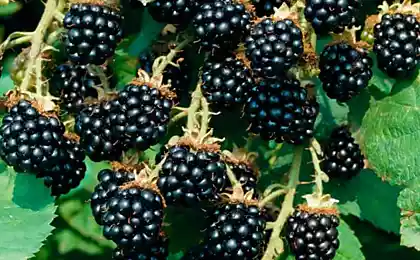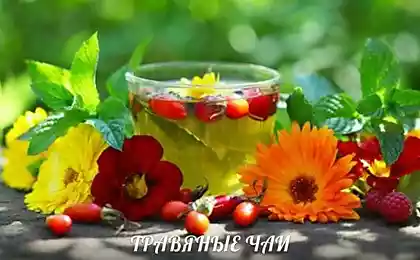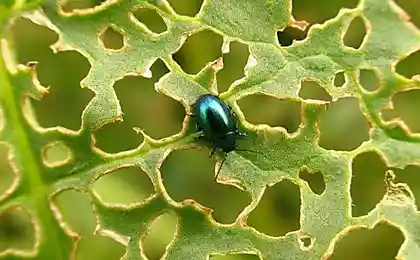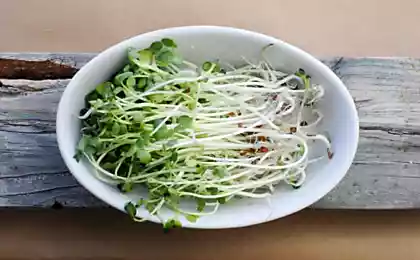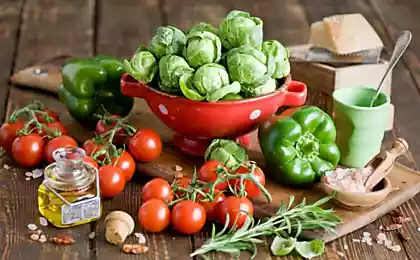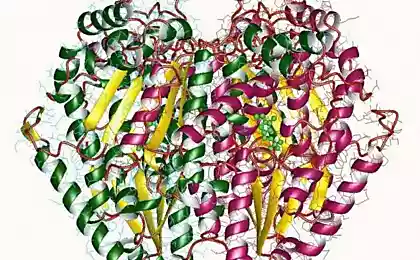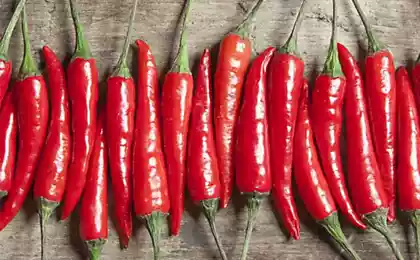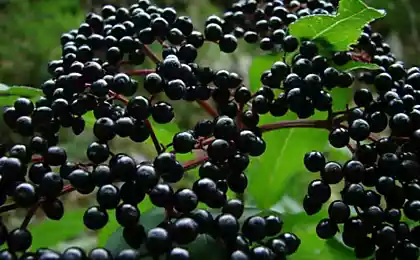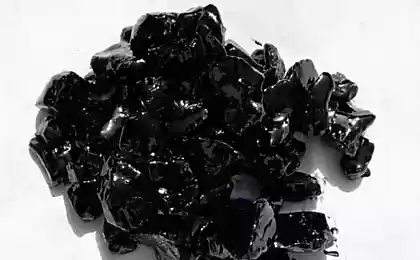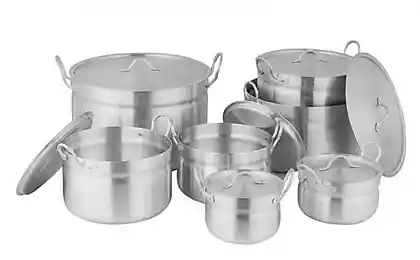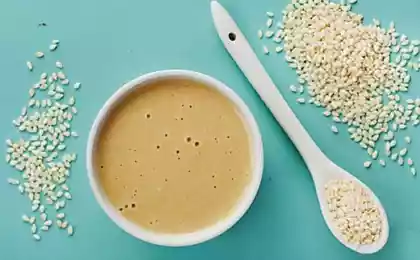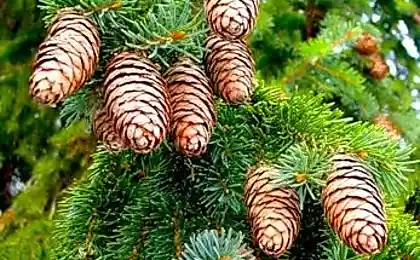473
Edible flowers against chronic diseases
Recently this topic is of growing interest because many modern scientific studies aimed at identifying useful health and nutritional benefits of edible flowers. These flowers are included in the daily diet of people around the world, but today few remember this.
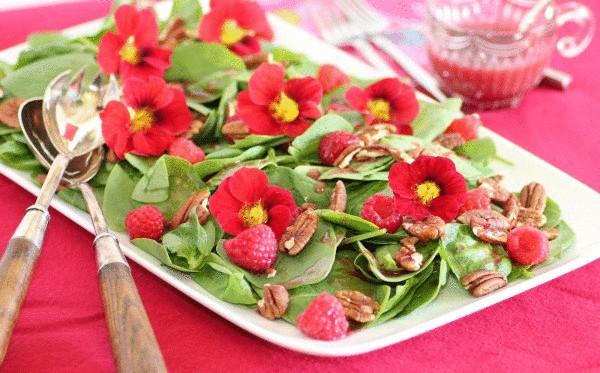
Flowers fit for food, you can grow in your garden, but don't forget that they need to be consumed in small quantities. Be especially careful with the following:
Apple flowers contain cyanide precursors;
Palmate violet contains saponins borage (borage);
Daylily flowers (krastnaja) are diuretic, and sweet Woodruff can have a blood thinning effect;
Linden flowers are reportedly safe in small amounts, but excessive drinking can have a damaging effect on the heart;
Marigolds can be dangerous in large quantities, and pleasant taste have only a few species.
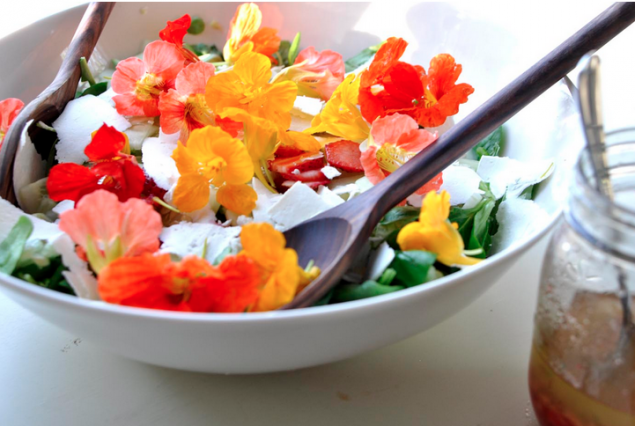
Renewed interest in edible flowers, which has been used for centuries in the culinary arts of China. The researchers found that they are rich in phenols and antioxidants. Flowers can be used as the main ingredient, seasoning to a dish or as a side dish. Some of them contain phenolic compounds that are associated with anti-inflammatory activity and a lower risk of cardiovascular disease and some cancers.
The results show that edible flowers have good potential for use as a food Supplement to prevent chronic diseases and promote health.
However, antioxidant mechanisms, anti-cancer, anti-inflammatory and anti-aging effects of extracts of edible flowers require further investigation for wide use as natural antioxidants.
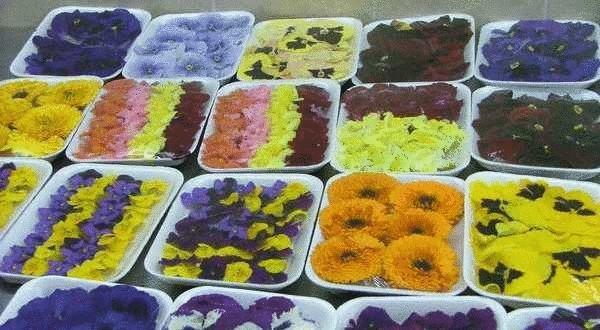
And now it's time to take a closer look at the edible flowers, which can be an integral part of your garden and kitchen. Here are some of the many flowers that are safe for consumption:
The elder canadian
Anise hyssop (lofant anise)
Bergamot (Monarda dual)
Chamomile (Chamomile Nobile)
Chervil (Copyri botanicity)
Hibiscus (China rose)
Chrysanthemum
Dandelion
Carnation
English daisies (perennial Daisy)
Geranium (Pelargonium)
Japanese honeysuckle
Lavender
Lilac
Lovage
источник:mixednews.ru
Source: /users/1077

Flowers fit for food, you can grow in your garden, but don't forget that they need to be consumed in small quantities. Be especially careful with the following:
Apple flowers contain cyanide precursors;
Palmate violet contains saponins borage (borage);
Daylily flowers (krastnaja) are diuretic, and sweet Woodruff can have a blood thinning effect;
Linden flowers are reportedly safe in small amounts, but excessive drinking can have a damaging effect on the heart;
Marigolds can be dangerous in large quantities, and pleasant taste have only a few species.

Renewed interest in edible flowers, which has been used for centuries in the culinary arts of China. The researchers found that they are rich in phenols and antioxidants. Flowers can be used as the main ingredient, seasoning to a dish or as a side dish. Some of them contain phenolic compounds that are associated with anti-inflammatory activity and a lower risk of cardiovascular disease and some cancers.
The results show that edible flowers have good potential for use as a food Supplement to prevent chronic diseases and promote health.
However, antioxidant mechanisms, anti-cancer, anti-inflammatory and anti-aging effects of extracts of edible flowers require further investigation for wide use as natural antioxidants.

And now it's time to take a closer look at the edible flowers, which can be an integral part of your garden and kitchen. Here are some of the many flowers that are safe for consumption:
The elder canadian
Anise hyssop (lofant anise)
Bergamot (Monarda dual)
Chamomile (Chamomile Nobile)
Chervil (Copyri botanicity)
Hibiscus (China rose)
Chrysanthemum
Dandelion
Carnation
English daisies (perennial Daisy)
Geranium (Pelargonium)
Japanese honeysuckle
Lavender
Lilac
Lovage
источник:mixednews.ru
Source: /users/1077

